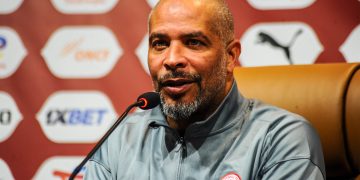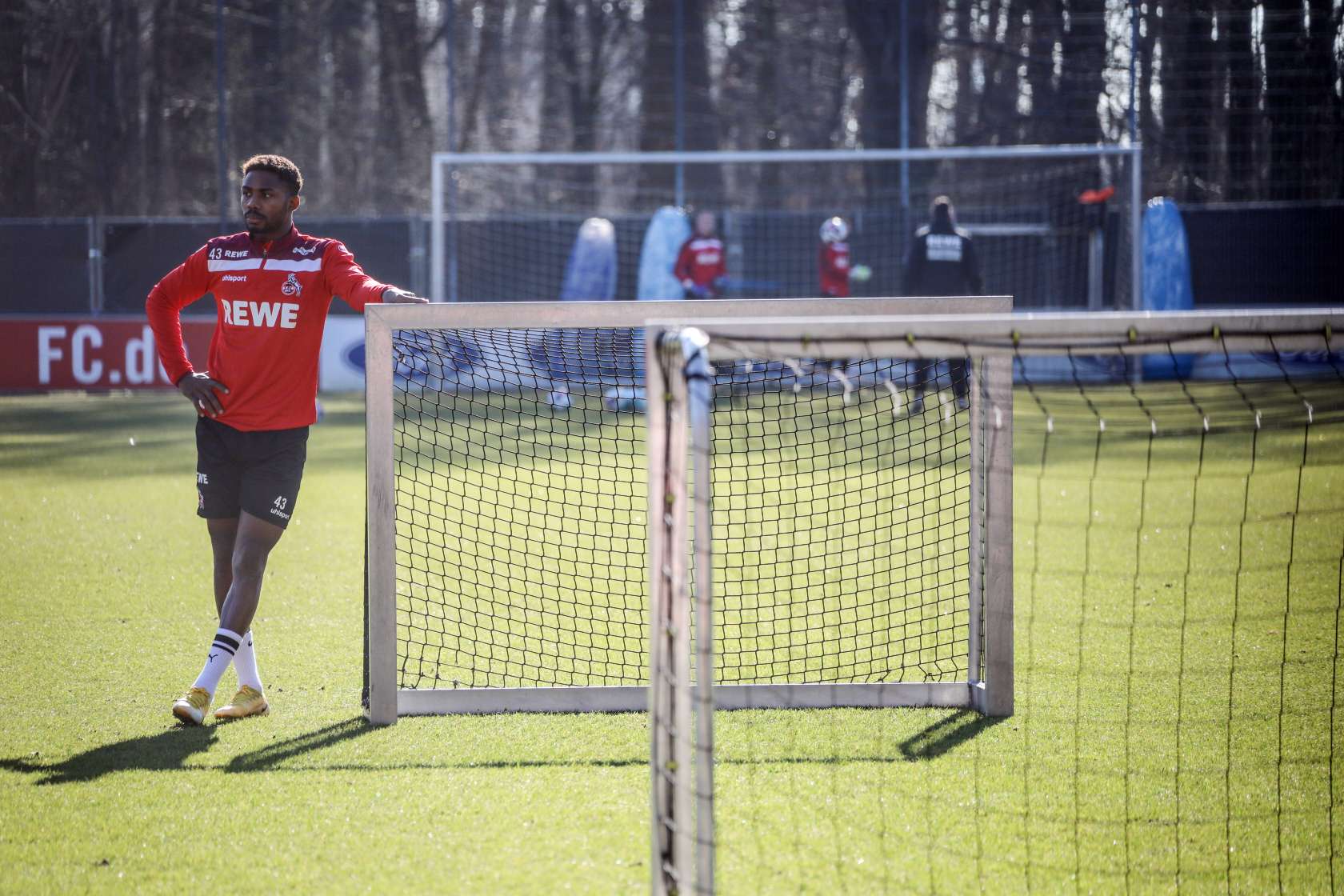Nigeria's Super Eagles have once again delivered a heart-stopping finish, this time in a 1-1 draw against Benin in Abidjan, as part of their Africa Cup of Nations qualifying campaign.
The Cheetahs of Benin looked poised to seal their AFCON spot with a hard-fought win after Mohamed Tijani's superb first-half header gave them a lead.
But, as the minutes ticked down, Nigeria's resilience shone through, with Victor Osimhen firing home a late equaliser from a Moses Simon assist to maintain the Super Eagles' unbeaten streak.
The Super Eagles' spirited comeback ensured their ticket to Morocco 2025 remains untarnished, and Benin will also be hoping to join them if Nigeria can avoid defeat against Rwanda in their final qualifier.
Here are Soccernet.ng‘s five major takeaways from this intense showdown:
1. Is Eguavoen better than Peseiro?
Nigeria's current unbeaten run in the qualifiers has ignited fresh debates over who is the better coach for the Super Eagles.
Gernot Rohr's tenure was marked by an unbeaten streak during the AFCON qualifiers, which took Nigeria to Cameroon 2021 with a game in hand.
In contrast, José Peseiro stumbled, with a surprise loss to Guinea-Bissau disrupting his campaign for the 2023 AFCON.
Now, Augustine Eguavoen appears ready to match Rohr's record.
The draw with Benin ensured Nigeria stayed unbeaten ahead of their last qualifier against Rwanda, with Eguavoen on the cusp of an accomplishment that Peseiro could not claim.
Eguavoen has steadied the ship, maintaining tactical flexibility and instilling defensive resilience.
Whether this achievement leads to a long-term appointment or a new direction for Nigeria’s coaching staff remains to be seen, but Eguavoen has certainly strengthened his case.
2. Nigeria play spoiler for Libya’s AFCON hopes
Nigeria’s recent qualifying journey has seen them inadvertently play a pivotal role in deciding Libya’s AFCON fate.
First, the Super Eagles delivered a decisive victory against Libya in Uyo.
Then, they gained an automatic three points after a chaotic episode in Libya led to a forfeiture by the Knights, further hurting their chances.
Despite Libya’s hopes to revive their campaign with a gritty win over Rwanda, Nigeria’s eventual draw with Benin almost closed the door on their rivals’ dreams.
Libya’s AFCON hopes were built on a delicate sequence of results, but Nigeria’s determination to remain unbeaten dashed those aspirations.
If Nigeria can avoid a loss against Rwanda and Benin avoid a two-goal defeat in Libya, the Cheetahs will join the Super Eagles at the continental showpiece.
3. Is this the end of Iheanacho's international career?
Once touted as a future star for Nigeria after winning the Golden Ball at the 2013 U-17 World Cup, Kelechi Iheanacho’s career with the Super Eagles may be entering its twilight phase.
Despite notching a remarkable 15 international goals, his recent outings suggest a player struggling to keep pace with a new generation of Nigerian forwards.
Against Benin, Iheanacho was a shadow of his former self, lacking the sharpness and energy required to impact the game.
Although he remains a gifted finisher, the rise of younger talents like Victor Osimhen and Victor Boniface, with their speed and strength, has seen Iheanacho’s role diminish.
In Eguavoen’s system, there is no room for a support striker role, and Iheanacho's slower playstyle has not adapted well to the quick transitions demanded on the wing.
After another lackluster performance, Eguavoen substituted Iheanacho at halftime, a possible indication of his waning influence on the national side.
4. Victor Osimhen’s quest to become Nigeria’s greatest goalscorer
Victor Osimhen continues to inch closer to Rashidi Yekini’s legendary record of 37 goals for Nigeria, adding yet another goal to his tally in the clutch against Benin.
The Galatasaray striker now has 23 goals from just 37 caps, surpassing many Nigerian legends along the way and showing a relentless hunger for goals that could make him the top scorer in Nigeria’s history.
At only 25, Osimhen’s fitness, pace, and clinical finishing suggest he may have years of top-level play ahead.
While 14 goals still separate him from Yekini’s iconic record, his scoring efficiency hints that Nigeria might soon witness a new goal king.
As Osimhen continues to play at the peak of his career, Nigeria’s faithful are left wondering: how far can this prodigious striker go?
5. Moses Simon's versatility is a game-changer
While Osimhen’s late goal will get most of the headlines, the influence of Moses Simon cannot be understated.
Brought off the bench, Simon provided the crucial assist for Osimhen’s equaliser, putting his versatility and game-reading abilities to great use.
Whether deployed as a winger, a wing-back, or even in a central role, Simon’s skill set makes him one of Eguavoen’s most dependable assets.
His pace, dribbling, and ability to pick out teammates in tight spaces proved invaluable once again, as Nigeria sought to break down a resilient Benin defence.
Simon’s adaptability gives Nigeria added tactical depth and flexibility, providing a lifeline in situations where the team is struggling to create clear-cut chances.
As the Super Eagles gear up for AFCON, Simon’s role as a super-sub or starting winger could be decisive in the crunch moments of the tournament.






Because of his age, Iheanacho can only come in as a substitute from 70 minutes to end of match
May your father soul rest in peace.
I think it is not so good to be speculating the end of a Nigerian player’s career in his homestead or on a Nigerian tabloid.
He is a player who has contributed to our success in the past.
He is human as much as all of us. Factors that can be responsible for low performance are various and may not even be physical.
We need to encourage our players to do their best until they themselves say they are retiring, not to be speculating the end of their career.